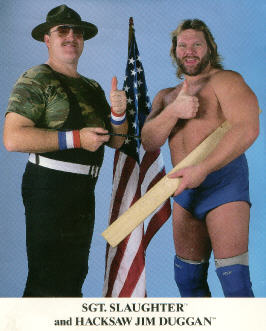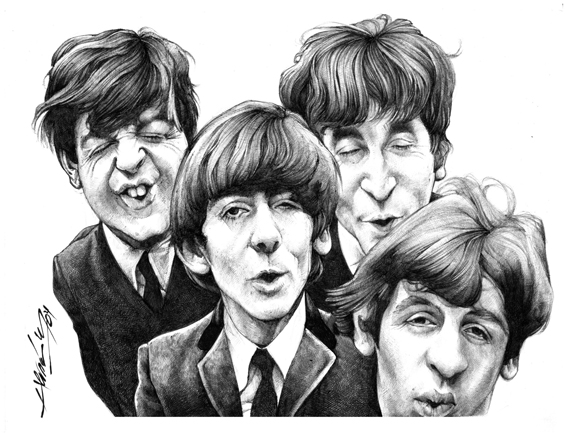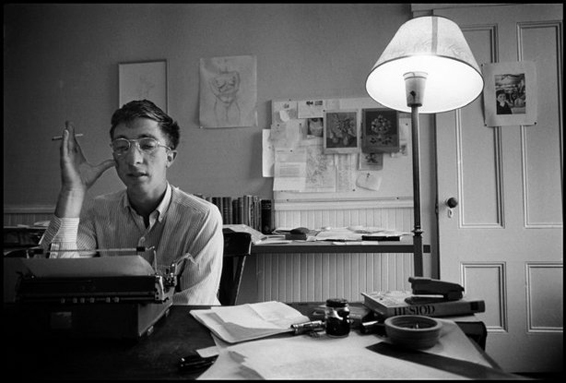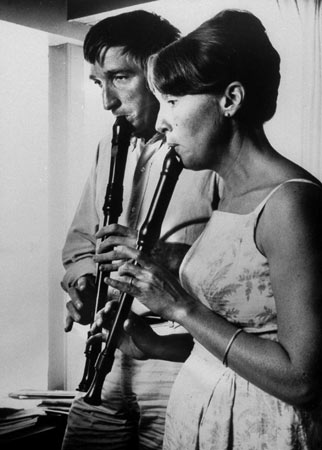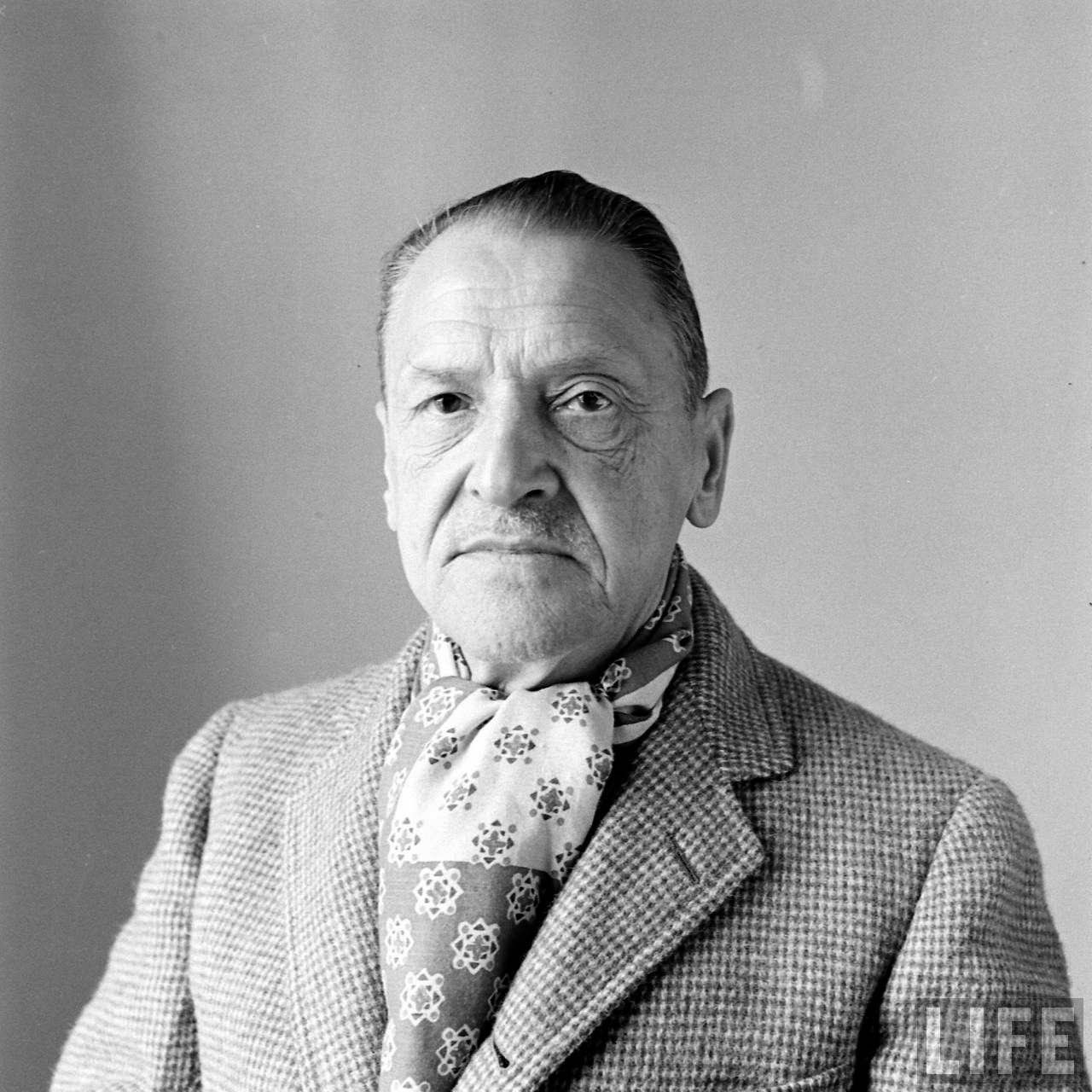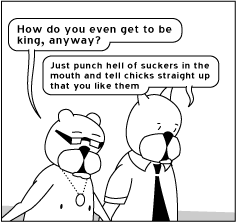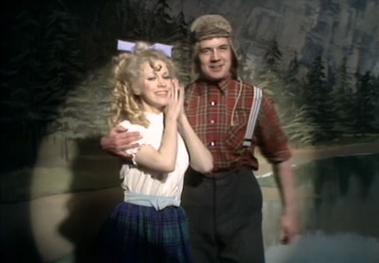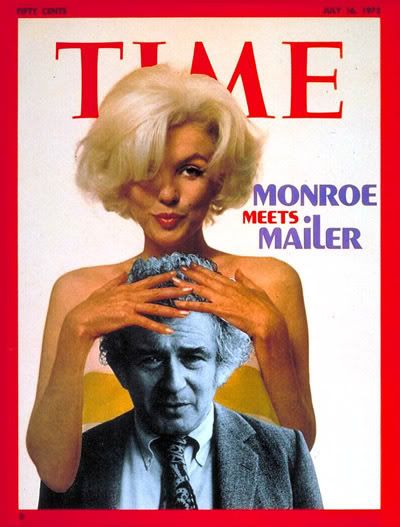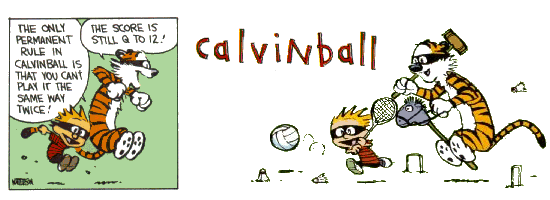
Another free "first reads" book; another unfocused, multi-sentence review. This time it's Roberto Bolaño's 893-page murder epic 2666.
There's probably no way I would have read this book had it not been mailed to my house free of charge. I'd passed it over at the library and half-heartedly listened to or read others' thoughts. I'd been turned off by the cavalier poets of The Savage Detectives and dry, repetitive "humor" of Nazi Literature in the Americas. It seemed to me Bolaño treated literature like some bad ass X-Games sport, which, as much as I love it, it ain't. (Incidentally, neither is cooking, sorry Bobby Flay and Anthony Bourdain).
Here, despite the book's length, Bolaño has dialed back the things that annoyed me (or at least split them up and distributed them amongst a greater number of characters). The first book focused on obsession and passion as the 4 critics pursued, as academics do, the creative spirit in the least creative of ways. From there 2666 spirals into an exploration of madness (Amalfitano), anchorless paranoia (Fate's trip an aimless binge in Santa Teresa), and eventually death ("The Part About the Crimes"). In those areas, 2666 seemed like a more serious Mexican cousin of Gravity's Rainbow, with some of the lawless dread of Oakley Hall's Warlock or the show Deadwood. The fifth book ended well but I thought that going back to WWII to start was too much of a reset and some of the life stories of people Archimboldi encountered reminded me of the parts of Bolaño books I don't like.
Bolaño, like Jonathan Lethem, is able to make his fictional artists seem familiar and also fits in some shout-outs to his favorites (here: David Lynch and Marcel Duchamp).
I suspect a little bit of the overwhelming praise of this book is due to the Entourage/30 Rock effect (critics/industry folk like things that explore their own world), and "the Part About the Critics" and the mystical "Archimboldi" himself definitely feed that, but there's plenty to enjoy here. Good work dead guy.



